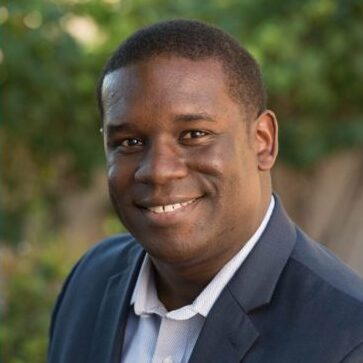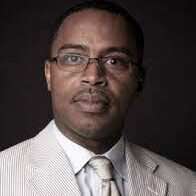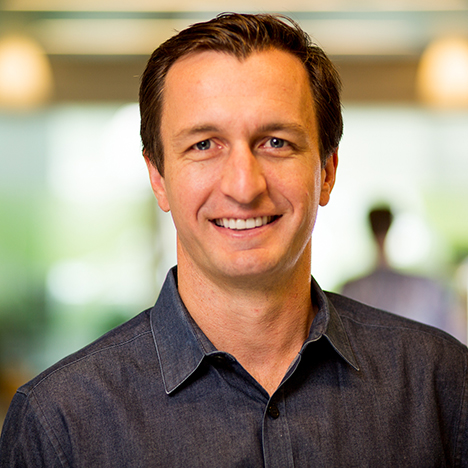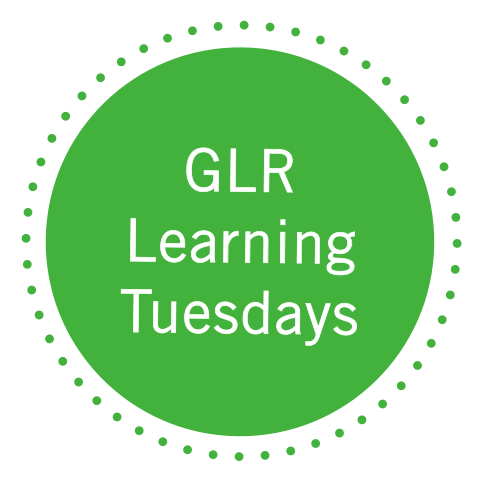
- This event has passed.
Educators Respond: The Way Forward: Guided by Lessons Learned the Hard Way
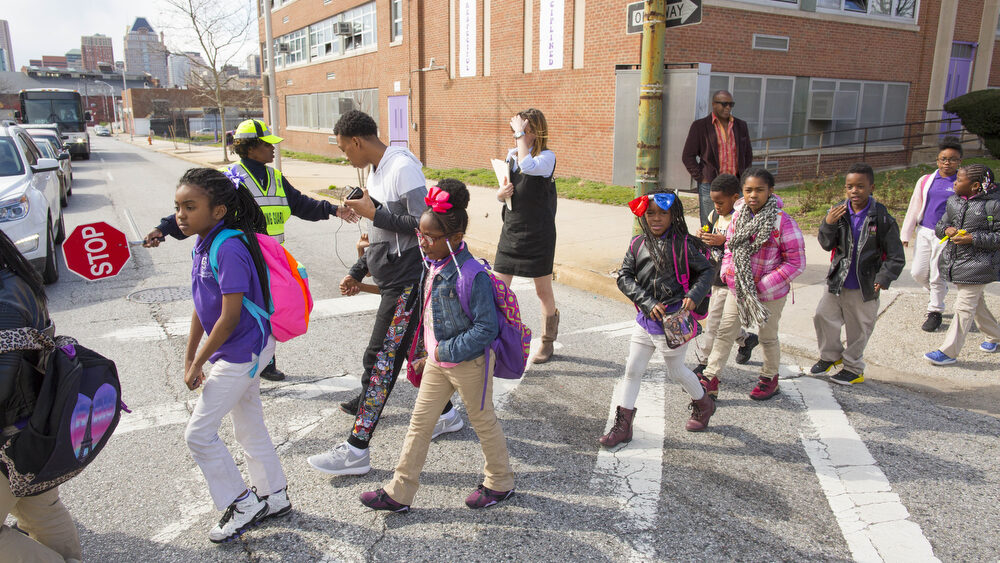
This session — the second in a two-webinar series — lifted up the perspectives of teachers in reflecting on the past year and the path forward. The first session, held earlier that day, engaged the presidents of the National Education Association and American Federation of Teachers in a conversation about their lessons learned in the past 10 months, what it will take to build back better, and the advice they would offer to Secretary of Education-Designate Miguel Cardona. (See below for a link to that session.)
In this follow-on conversation, teacher-voice leaders ― Jeimee Estrada and Evan Stone of Educators for Excellence; Priscilla Forsyth of Teach for America New York; Sanford Johnson of Teach Plus Mississippi; Calvin Moore, Jr., Ph.D., of Council for Professional Recognition; and Jessica Tang of Boston Teachers Union― responded to what they heard from Pringle and Weingarten, adding their own lessons learned to date and insights about recovery strategies.
The panel agreed that COVID-19 exposed and exacerbated longstanding inequities in the education system ― access to internet connectivity and devices, safe learning environments, high-quality early learning programs, wraparound supports and more. They stressed that efforts to “build back better” must include strategies that address these persistent inequities. “Hopefully, the fact that this calamity is so widespread will force us to address some of the underlying inequities,” Stone said. “Funding is a component of that. Access to great teachers and high-quality resources and tools are some others. The list is almost endless and I hope this will force us to address those foundational inequities.”
They also emphasized the importance of collaboration among educators, school leaders, parents and students to find solutions for improving distance learning, safely reopening and crafting a recovery plan. COVID-19 presents an unprecedented challenge and there is no existing playbook, but those who are currently working to support students in the midst of the pandemic have important insights. As Estrada explained, “those closest to the pain or the problem need to have the loudest voice in crafting the solution because they know that solution best.”
Acknowledging that the lost instructional time caused by COVID-19 must be addressed to ensure children stay on track, the panelists stressed that school closures also affected children’s social connections, social-emotional development and mental health. Responding to these whole-child effects also needs to be a part of the recovery process. “For our students who are facing trauma, we need to make sure they have the resources and services to treat that trauma — and we also need to look at the mental health needs of our teachers who are also dealing with a lot of challenges right now,” stressed Johnson.
The panelists also emphasized the need for a “whole child” and “whole community” approach in which schools are the hub, leveraging partnerships to deliver services in the schools. Using an asset frame that identifies what families, students and educators need, community partners and district leaders can integrate those supports, including technology, health care, food and more, into the school. “We have been advocating for community schools because children need wraparound supports that extend before and after school and address health and other needs,” said Tang. “You see that in COVID; the schools that were best prepared were the ones that had holistic supports and partnerships in place.”
In the midst of this crisis, several of the panelists pointed to bright spots and silver linings, including better communication and stronger relationships between teachers and parents, teachers learning new strategies for integrating technology into their instructional practices in ways that allow them to quickly shift practice based on formative data, and virtual coaching support to new teachers. “I’ve seen bright spots where tremendous leadership and partnership has led to better outcomes,” explained Forsyth. “It’s been fascinating to see how the coaching and one-on-one support has enabled people who haven’t taught before to do amazing things even in the midst of this situation.”
Representing early learning educators, Moore was unique among the group of panelists. He explained how early learning professionals are working to ensure that children’s home environments support their learning environments and leveraging their strong relationships with families to help them succeed in their role as their child’s first and most important teacher. “We are FaceTiming with families to encourage parent-child conversations and creating lending libraries and backpack initiatives to ensure parents have what they need during remote learning.”
Panel


